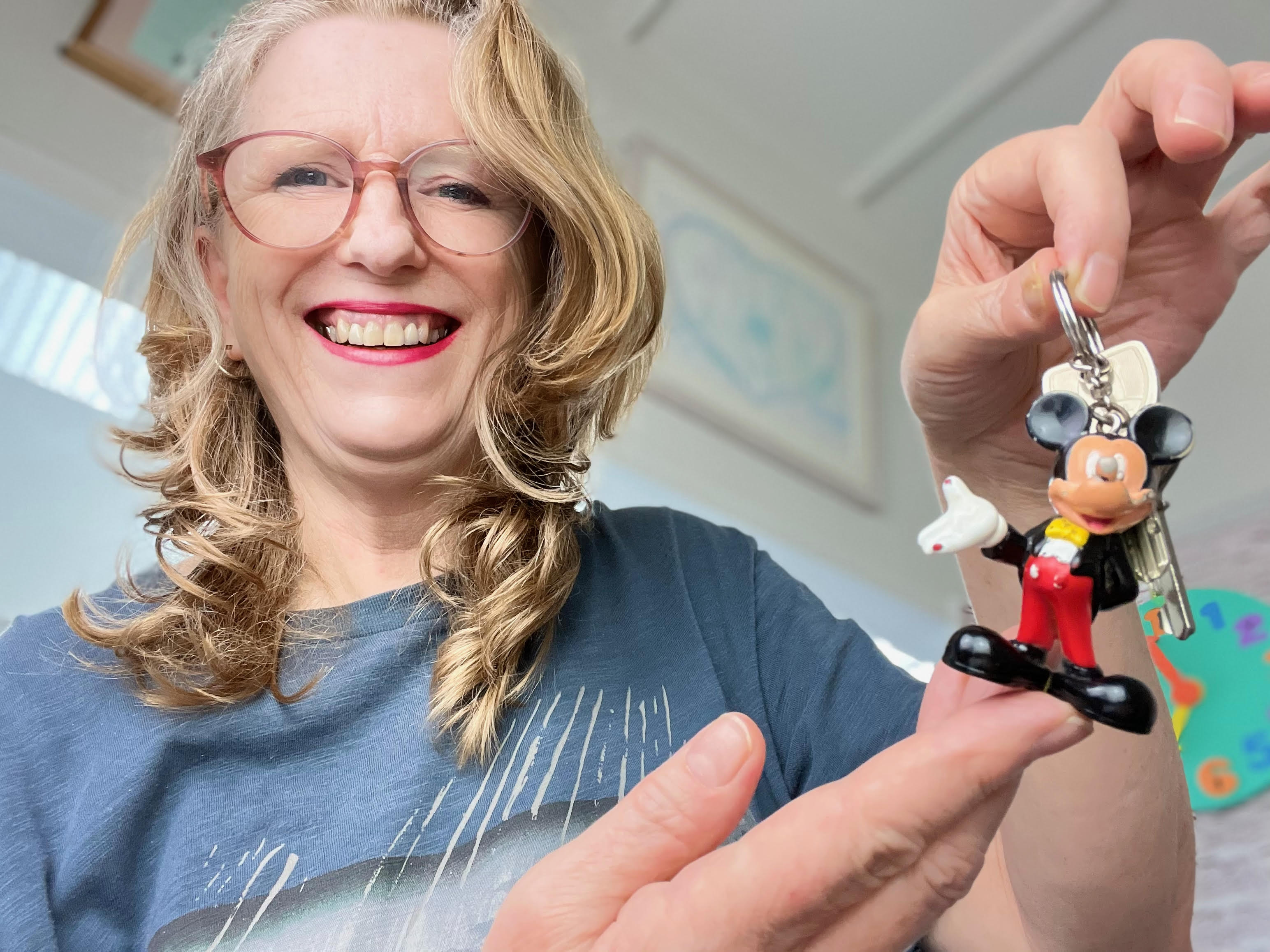Issue:
August 2022
The trials and tribulations of becoming a fully accredited foster parent in Japan

At last! The two Japanese brothers I part-time fostered for 13 years, now aged 18 and 19, are out of the children’s institution in which they were placed as tiny tots. Both live in dorms and are busy with vocational college, part-time jobs and new friends. Their childhood officially over. I watch as they sail off into the big wide world.
The boys do still come by sometimes, even bringing friends. Who knows if that will continue. I hope so. They refer to me as their “sato-oya” (foster parent), even though we never did get to be a “real” foster family, living together under one roof. Theoretically, we could have - should have. According to a 2016 amendment to the Japanese child welfare law, family-based care is to be prioritised. But in our case, that was never going to happen.
The children’s institution in which the boys grew up was “exemplary”, the result of years of government thinking and large-scale spending to improve institutions. But its very existence runs counter to the advice of human rights and child welfare groups. Many have been lobbying for years to end Japan’s reliance on institutions to raise children unable to live with their birth parents and instead invest in a better developed fostering system.
I saw the original old building get demolished and rebuilt … a friend who lives nearby thought it was a hotel. The boys got their own rooms in a family-sized apartment, one of many such units that made up their newly renovated institution. The Child Guidance Center (Jidou Soudanjo in Japanese), the Health and Welfare Ministry agency responsible for the placement of children, was proud of it. “It’s like a little family,” the CGC head of fostering told me when explaining why it would not be possible for me to get fully accredited and have the boys move into my home. The boys liked many of their teachers at the institution, as did I. But it didn’t look or function anything like any family I have ever known.
When the boys were little, they stayed with me for many weekends and holidays – totalling three months one year.
Neighbourhood friends came to play with them in my big old Japanese house. They joined our local matsuri and tried their hand at cooking. I loved that they felt so at home and that we all had so much fun. But there was a problem. As a volunteer, I was not eligible for the fostering allowance, only a smaller amount that did not cover costs. This situation remained unresolved for years, and I started to feel I was being taken advantage of financially. But every attempt I made to discuss a solution hit a brick wall with the CGC. In my experience, they are used to giving orders, not engaging in a serious discussion over how to resolve problems. Which is ironic, given that they face the most intractable problems society can throw at them on a daily basis.
My suggestion that I get fully accredited and have the boys live with me was roundly dismissed on more than one occasion. By 2017, I was at my wits’ end and approached Human Rights Watch for advice. They suggested I get a lawyer. When I did, the elusive application forms miraculously appeared and I duly filled them out. As I had a track record as a model "Volunteer Family" category of foster parent, my application was approved by the external board and within months I was a fully accredited foster parent.
Presumably, the CGC had not wanted me to get fully accredited because they thought it would be a waste of everyone’s time. They alone controlled children’s placement and they were determined that the boys stay put. No "sochi henko" (change of plan) was the phrase I heard again and again. The boys’ opinions were not taken into account. There would be no change.
“They wish I’d just vanish,” I said to my lawyer as we left the CGC after one particularly stressful meeting. “Oh no, they don’t,” he said. “They’ve got you exactly where they want you.”
It’s a relief to me that this period of my life is over. But I’m also frustrated about the many things I would have liked to have done better for the boys. I come from a family of doctors and therapists, and it was distressing to me that I could have no involvement in matters like the health issue the older boy has had since he was small. All I can do is offer suggestions, if he asks, and wish him the best.
“We are a rare case,” he once said to me. Haha, yes, indeed. A rare case in uncharted waters.
Caroline Parsons is a photographer, writer and children’s tutor.

